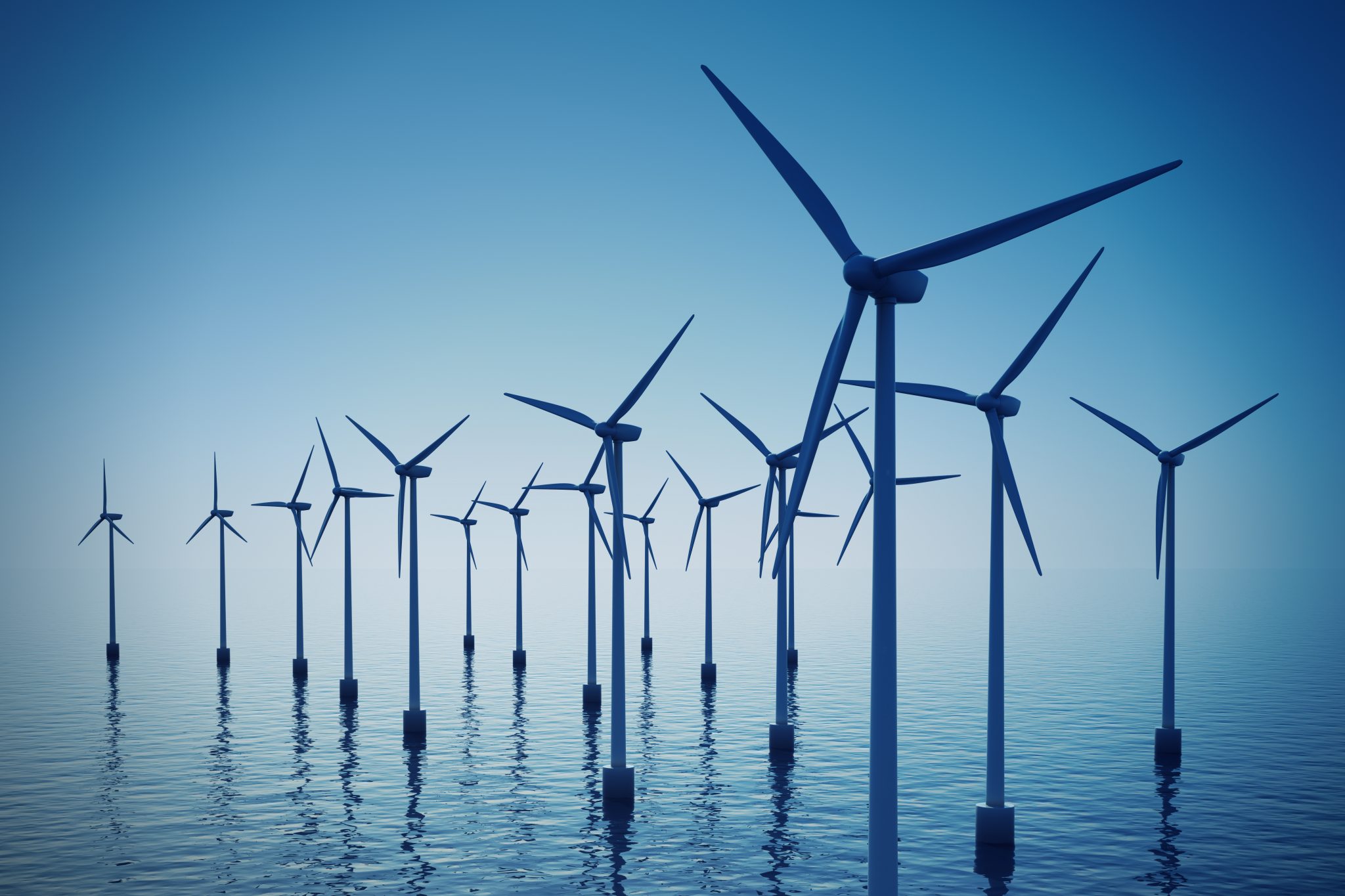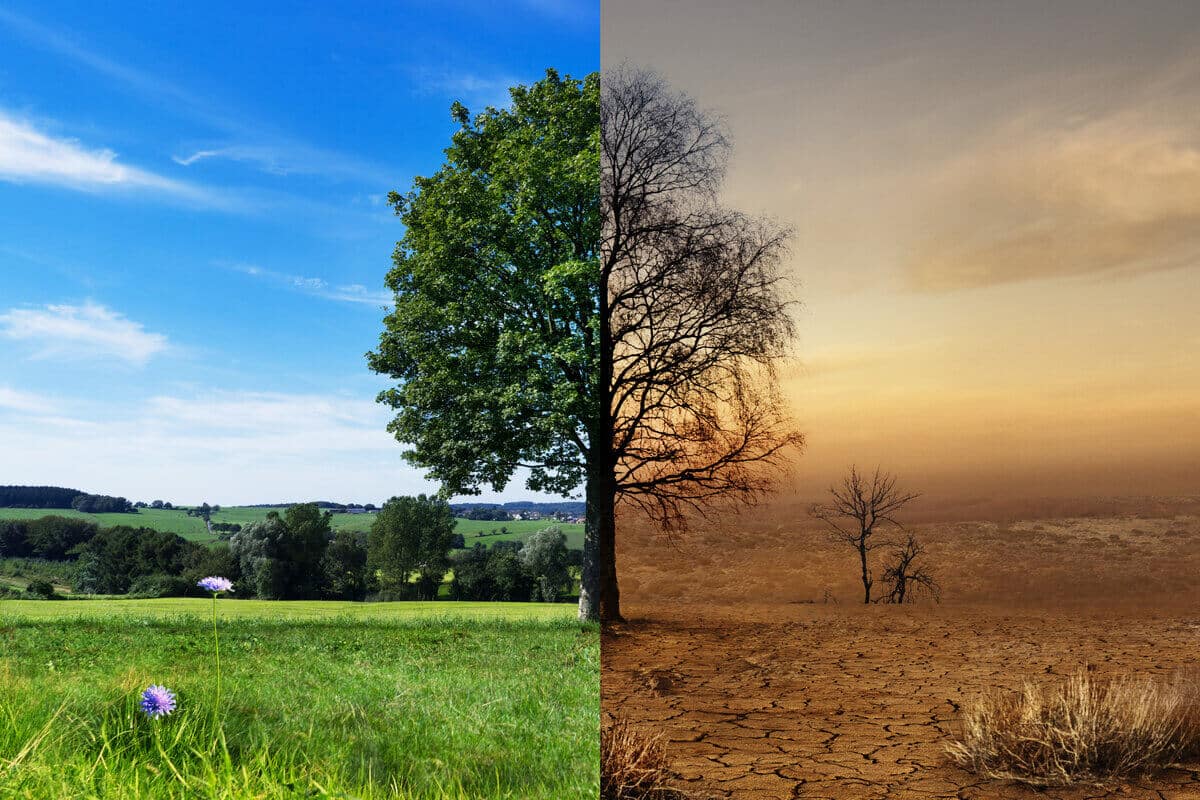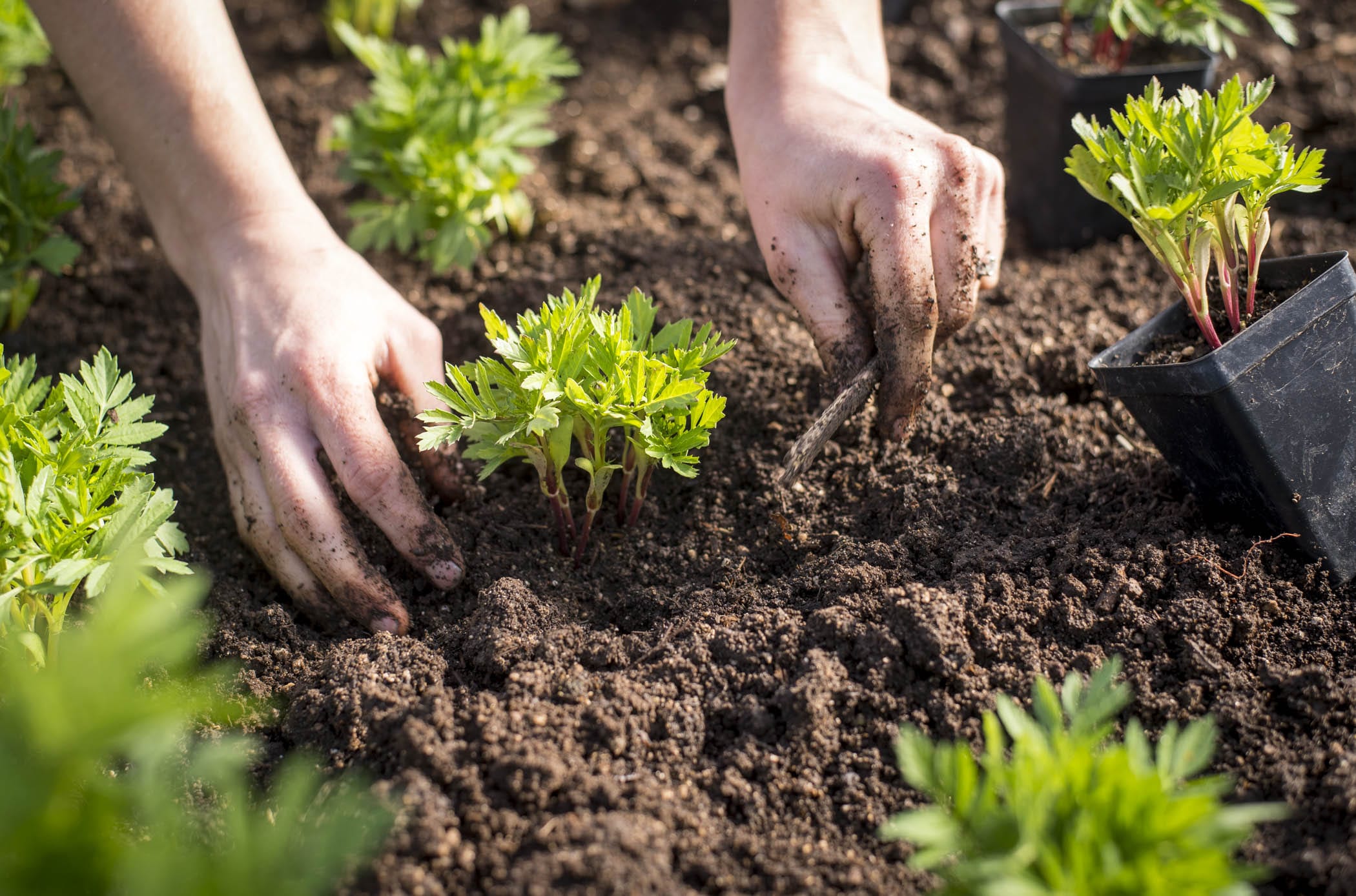Focus Areas

Why Is Our Work Critical?
Global populations are facing growing economic, social and environmental challenges. The past decade witnessed a rise in hunger, malnutrition, conflicts, economic crisis, inequalities, and epidemics. This is compounded by the climate dilemma, biodiversity tragedy, and expanding pollution and ecosystem loss. The COVID pandemic intensified the situation and exposed many of the weaknesses of the current industrialized development approach, particularly the vulnerabilities within our food system.

INCREASING CIRCULARITY
Forty percent of globally produced food is lost (at production, harvest, storage and processing stages) or wasted (at the retail and consumer level), thus costing the global economy more..

WATER-ENERGY-FOOD NEXUS
The Arab region is a hyper-arid area, where the renewable water resources in all the countries fall below the 1,000 cubic meters per person per annum threshold. In most countries,

REGENERATE NATURE
To limit temperature increase to 1.5C, we need to achieve net zero carbon emissions by 2050 (IPCC). All countries that are part signatories to the Paris Agreement have been requested to submit..

URBAN FOOD SYSTEMS
Many cities are faced with the challenge of rising urban food insecurity and growing food waste. In 2015, 19.8% of the urban population was moderately food insecure and 7.3% were severely food..
